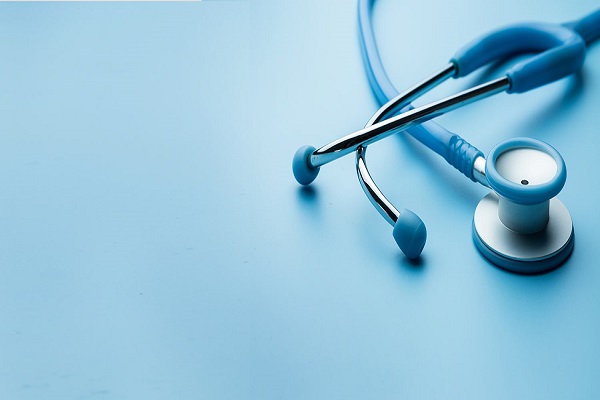Internal Medicine/General Medicine – Diseases, Conditions & Treatment
Common Cold: The common cold is the viral infection of the nose and throat (upper respiratory tract). While suffering from common cold people may have the problem of sore throat, cough, headache or other symptoms. The common cold is virus-infected air-borne droplets or by the direct contacts with the infected one.
Signs and Symptoms:
• Runny Nose
• Sore Throat
• Cough
• Sneezing
• Scratchy Throat
• Low Fever
• Muscle aches
Causes of Common Cold
The common cold is spread when you inhale virus particles from an infected person via, sneeze, cough, speech, or loose particles from when they wipe the nose. Children are mostly susceptible from common cold as they suffer many times in a year.
When to see a doctor for the treatment?
If you are suffering from common cold you should take plenty of water and rest is best for you. If you have a higher fever more than 101.3°F along with runny nose, troubling breath, sore throat, muscles pain, headache then you should immediately consult the physician and follow the medicine and instructions as prescribed by them.
Fever:
A fever is a temporary increment of body temperature due to illness. Having a fever is an indication that something abnormal is going in your body.
A fever may be uncomfortable either for adult or for children. However if infants and toddlers have fever, then it may bit troublesome.
Normally its incubation period is 3-5 days. It gets cured from general medicine available to your nearest chemist. If it would take time, then you have to consult the physicians.
Signs and Symptoms of Fever
• Headache
• Muscles pain
• Nausea & Vomiting
• Lack of energy
• Feeling sensation
• Sleeplessness
• Low Focus
• Loss of appetite
• Dehydration
Causes
Fever may be cause for several reasons. Here are some elevated body temperatures caused by.
• Due to the virus
• Bacterial Infection
• Heart Exhaustion
• Tumor
• Due to some immunizations like diphtheria, tetanus, pneumococcal vaccine
Treatment of Fever
Usually, fever can be controlled and cured from the medicine available from general chemist. If it would be not cared, then you have to consult the physician nearest to you.
Respiratory Infection:
The infections that happens is chest, lungs, sinuses, nose and throat are called respiratory infections. It is a chronic infection repeatedly occurs especially on fall and winter when people spend more time in indoor and groups. Germs easily spread when there is increment of people and came in close contact with each other.
What are the signs & symptoms of chronic respiratory infections?
• Shortness of Breath
• Fatigue
• Fever
• Mucus Production
• Sore Throat
• Cough
• Bad Breath
• Nasal discharge
Causes of Respiratory Infection
Respiratory infection causes when a virus or bacteria enter into the body usually through the mouth or nose. The infection may transfer to another person through touch, sneeze or cough.
When should you go to Physician or Treatment of Respiratory Infection?
There are several people who don’t go to the doctor if they have respiratory infection. They took medicine by themselves or went for negligence. However visiting a doctor advisable if
• Symptoms more than a week
• Symptoms become severe and worsening
• Difficulty in breathing
High Blood Pressure: High Blood Pressure, also known as Hypertension occurs when your blood pressure increases to unhealthy levels. Your blood pressure measurement takes into account how much blood is passing through your blood vessels and the amount of resistance the blood meets while the heart is pumping.
Hypertension or Blood Pressure is quite common among people. Usually there is no any symptom of Blood Pressure. However without symptoms blood pressures affect the blood vessels and organs. Especially it damages the brain, heart, eyes and kidneys.
Symptoms of High Blood Pressure
• Severe Headache
• Nose Bleed
• Irregular Heartbeats
• Chest Pain
• Blood in Urine
• Urinary Infection
• Vision Problems Difficulty in Breathing
Causes of High Blood Pressure
• Smoking
• Stress
• Age Factor
• Genetics
• Thyroid Disorders
• Genetics
• Sleep apnea
• Too Much salt in diet
• Alcohol Consumption
Prevention and Treatment of High Blood Pressure
• Eat Healthy foods
• Balance your regular diet
• Decrease salt in your food
• Limit alcohol
• No smoke
• Manage your stress
• Regular Exercise
It measures Tidal Volume, Minute Volume, Vital Capacity, Functional residual capacity, Residual Volume, Total Lung Capacity, Forced Vital Capacity, Forced Expiratory Flow and Peak Expiratory Flow Rate

